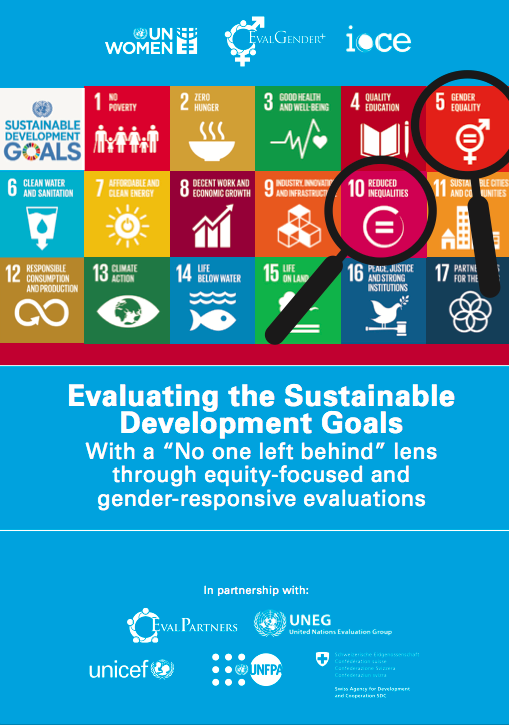Author(s)/editor(s)
Michael Bamberger, Marco Segone and Florencia Tateossian
We have entered the exciting era of the full implementation of the 2030 Agenda for Sustainable Development. This Agenda comes together with a follow-up and review mechanism to ensure the Sustainable Develop- ment Goals (SDGs) are systematically monitored and reviewed to help countries implementing the 2030 Agenda to ensure “No one is left behind”. The UN General Assembly underlined the importance of evalua- tion within the transformative 2030 Agenda calling for: (a) the review and follow-up mechanisms to be informed by country-led evaluations, and (b) capacity-building support for developing countries including strengthen- ing of national data systems and evaluation.This means evaluation should play a crucial role to support effective and ef cient SDG implementation. Evaluation will offer evidence-based learn- ing on how policies and programmes delivered results and what needs to be done differently.But this is not enough. The main principle of the 2030 Agenda is that no one should be left behind. The follow-up and review mechanisms also call for inclusiveness, participation and ownership. This is why equity- focused and gender-responsive evaluation is needed. This transforma- tive kind of evaluation can help countries to identify structural causes of inequalities through deeper analysis of power relationships, social norms and cultural beliefs. Integrating EFGR evaluations will provide strong evidence to ensure national voluntary reviews of SDGs are leaving no one behind.
View online/download
Bibliographic information

